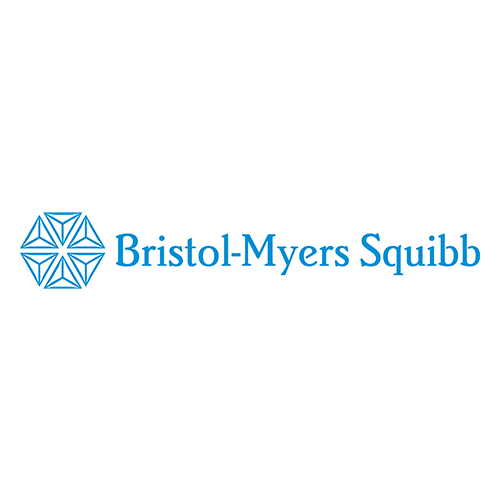FDA approves Bristol Myers- Squibb’s Opdivo to treat Advanced Form of Kidney Cancer

On November 23, 2015, the U. S. Food and Drug Administration approved nivolumab (Opdivo Injection, Bristol-Myers Squibb Company) for the treatment of advanced renal cell carcinoma in patients who have received prior anti-angiogenic therapy.
The approval was based on a randomized study in which patients with advanced renal cell cancer who had received prior anti-angiogenic therapy received either nivolumab 3 mg/kg intravenously every 2 weeks (N=410) or everolimus 10 mg orally once daily (N=411).
The primary endpoint was overall survival. Median overall survival was 25.0 and 19.6 months in the nivolumab and everolimus arms, respectively -HR 0.73 (95% CI: 0.60, 0.89); p=0.0018. Confirmed response rate was 21.5% (95% CI: 17.6, 25.8) in the nivolumab arm and 3.9% (95% CI: 2.2, 6.2) in the everolimus arm. The median response duration was 23.0 months in the nivolumab arm and 13.7 months in the everolimus arm. Median progression-free survival was 4.6 and 4.4 months with nivolumab and everolimus arms, respectively.
Safety was evaluated in 406 patients who had previously received at least one anti-angiogenic therapy. The most common (greater than or equal to 20%) adverse reactions included asthenic conditions, cough, nausea, rash, dyspnea, diarrhea, constipation, decreased appetite, back pain, and arthralgia. The most common (greater than or equal to 30%) laboratory abnormalities which have worsened compared to baseline included increased creatinine, lymphopenia, anemia, increased AST, increased alkaline phosphatase, hyponatremia, elevated triglycerides, and hyperkalemia.
Serious adverse events were reported in 47% of patients. The most common serious adverse events (greater than or equal to 2%) were acute kidney injury, pleural effusion, pneumonia, diarrhea, and hypercalcemia. Nineteen deaths were reported within 30 days of the last nivolumab dose. Fifteen were attributed to progressive disease and four due to pneumonia, suicide, heart failure, and myocardial infarction. Immune-mediated adverse events (e.g., pneumonitis, diarrhea/colitis, hepatitis, nephritis, endocrinopathies, and encephalitis) have been reported.
The recommended dose and schedule for nivolumab is 3 mg/kg by intravenous infusion over 60 minutes every two weeks.
This application was granted Breakthrough Therapy Designation, Fast Track, and Priority Review. It was approved prior to the Priority Review deadline of March 15, 2016. A description of these expedited programs is in the Guidance for Industry: Expedited Programs for Serious Conditions-Drugs and Biologics available at: http://www.fda.gov/downloads/drugs/guidancecomplianceregulatoryinformation/guidances/ucm358301.pdf.
Full prescribing information is available at: http://www.accessdata.fda.gov/drugsatfda_docs/label/2015/125554s012lbl.pdf

